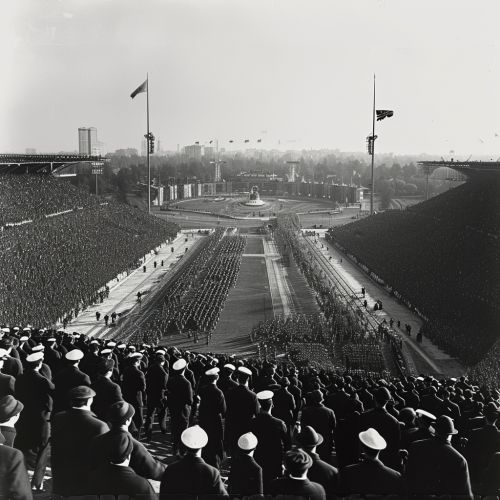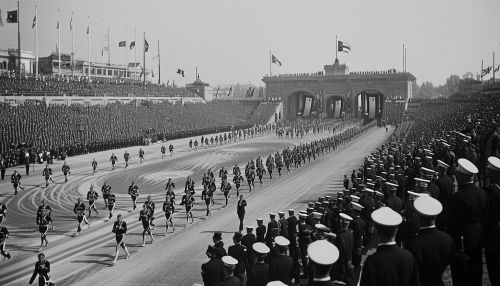1924 Summer Olympics
Overview
The 1924 Summer Olympics, officially known as the Games of the VIII Olympiad, were an international multi-sport event held in Paris, France, from May 4 to July 27, 1924. This was the second time Paris hosted the games, the first being in 1900. The 1924 Olympics were notable for several reasons, including the introduction of the Winter Olympic Games, the establishment of the International Olympic Committee's (IOC) system of hosting the games in different cities around the world, and the first use of the Olympic motto: Citius, Altius, Fortius (Faster, Higher, Stronger).


Participating Nations
A total of 44 nations participated in the 1924 Summer Olympics, with a record number of athletes (3,089) competing in 17 sports and 126 events. This was the first time that the number of participating nations exceeded 40. Some of the countries that made their debut at this edition of the games include Ireland, Uruguay, and Ecuador.
Sports
The 1924 Summer Olympics featured a variety of sports, some of which are still part of the Olympic program today. These included athletics, boxing, cycling, diving, fencing, football, gymnastics, modern pentathlon, rowing, rugby, sailing, shooting, swimming, tennis, water polo, weightlifting, and wrestling. The games also saw the introduction of handball and canoeing as demonstration sports.
Notable Events and Achievements
The 1924 Summer Olympics were marked by several notable events and achievements. One of the most memorable was the performance of the United States' track and field team, which won a total of 32 medals, 12 of them gold. Another highlight was the victory of Paavo Nurmi, a Finnish middle-distance and long-distance runner, who won five gold medals in athletics. The games also saw the first Olympic marathon that included a route similar to the modern one, covering a distance of 42.195 kilometers.
Legacy
The 1924 Summer Olympics left a significant legacy, both for the Olympic movement and for the city of Paris. The games helped to establish the tradition of the Olympic torch relay and the use of the Olympic motto. They also marked the beginning of the IOC's practice of rotating the games among different cities, which has continued to the present day. In terms of infrastructure, the games led to the construction of several sports facilities in Paris, including the Stade Olympique Yves-du-Manoir, which served as the main stadium for the games.
